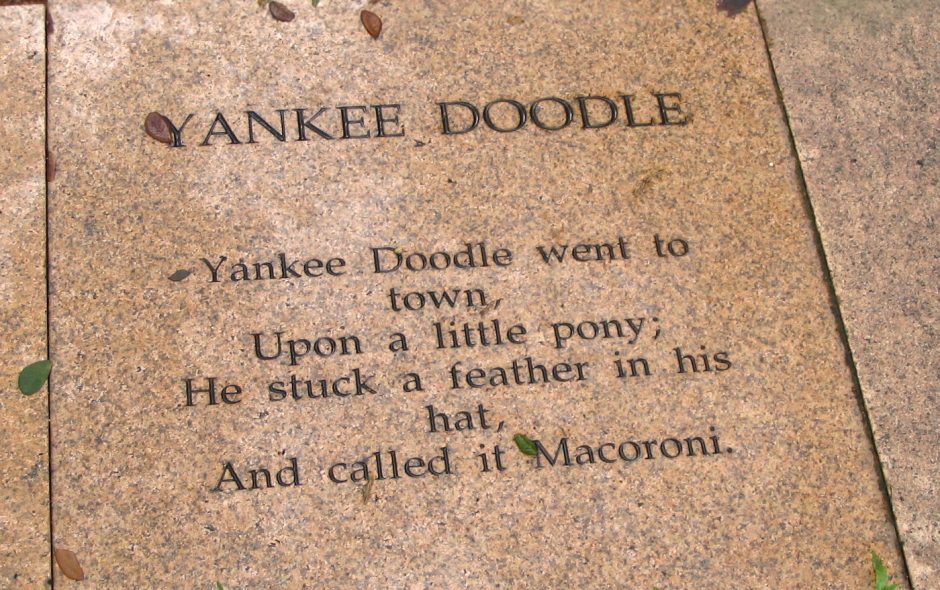In the past few weeks I spent more hours than I want to count, writing a blog post about why I’m one of those Trump voters in 2020, after voting otherwise in 2016. I never imagined my position or explanations would please every reader, and they haven’t.
But most of the people who’ve disagreed with me in their posted comments or back-channel responses have been gentle, saying things like, “You’re overreacting” (won’t that be nice, if true!) and “I’m disappointed; I expected better.” The word “batty” came up. Propaganda was mentioned, and the phrase, “living in another universe” (not that I should, just that I do).
All in all, my friends and readers are far more civil than some folks. The contrast is quite striking just now. Last week, for three days, as I did my usual hour of daily reading, from Left to Right and back again, and scrolled through social media, I kept a list of negative things people said about me — well, me and everyone else who’s voting for President Trump.
Some of the writers are prominent voices in major publications; others are from small publications or simply my acquaintances on social media. I’m democratic that way.
By the way, that blog post I mentioned went live this week, so responses to it didn’t make the list, not that most of them would have anyway.









